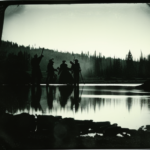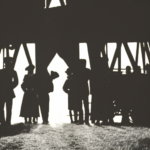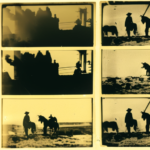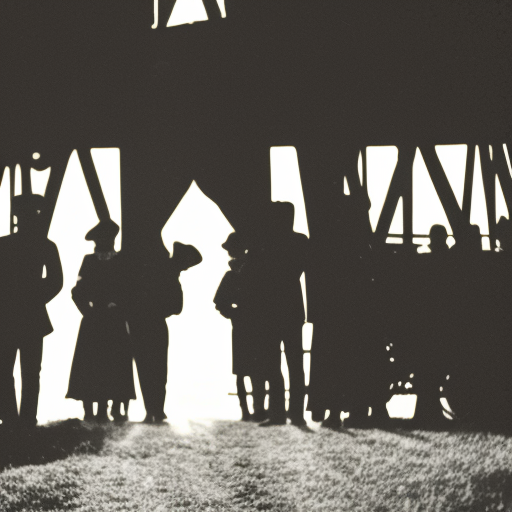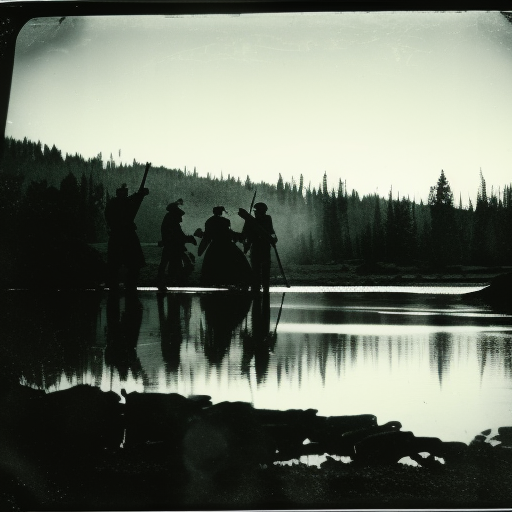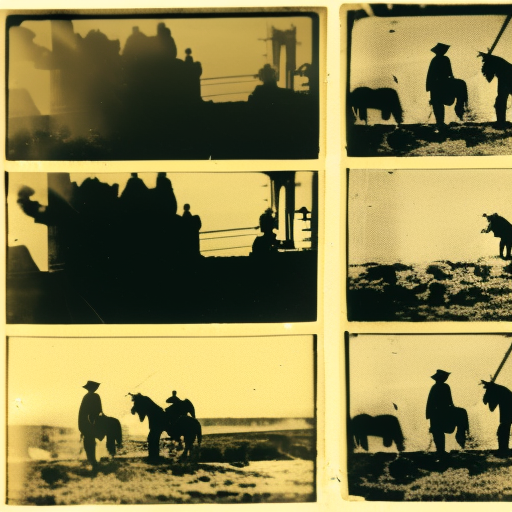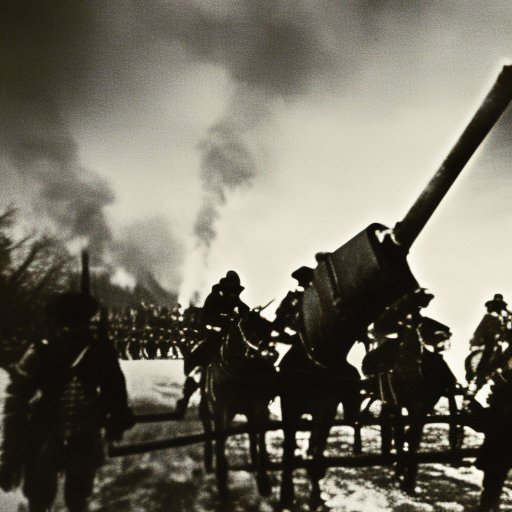The Burr Conspiracy (1805-1807)
The Burr Conspiracy was a controversial event that took place between 1805 and 1807 in the United States. It involved former Vice President Aaron Burr and a group of associates who were accused of plotting to establish an independent nation in the western territories of the United States. The conspiracy ultimately failed, but it had significant political and legal implications for Burr and his co-conspirators.
Background:
Aaron Burr had served as the Vice President of the United States under President Thomas Jefferson from 1801 to 1805. However, he became embroiled in a bitter political rivalry with Alexander Hamilton, which culminated in a duel in 1804 that resulted in Hamilton’s death. Following this incident, Burr’s political career suffered a severe blow, and he sought to regain his influence and power through other means.
The Plan:
Burr devised a plan to establish a new nation in the western territories of the United States, which he believed would be easier to achieve than gaining power through traditional political means. He aimed to recruit a private army, seize control of the Louisiana Territory, and potentially instigate a war with Spain or Mexico to further his goals. Burr’s plan attracted the support of various individuals, including General James Wilkinson, the highest-ranking officer in the U.S. Army at the time.
Expedition and Arrest:
In 1806, Burr and his associates began recruiting men and gathering supplies for their expedition. They traveled down the Ohio River, recruiting supporters along the way. However, rumors of their activities reached the government, and President Jefferson issued a proclamation denouncing Burr’s actions and calling for his arrest. Burr was eventually captured and brought to trial for treason.
Trial and Acquittal:
Burr’s trial for treason took place in Richmond, Virginia in 1807. The prosecution argued that Burr had conspired to wage war against the United States, while Burr maintained that he had only intended to establish a new settlement in the western territories. Despite the gravity of the charges, Burr was ultimately acquitted due to a lack of evidence and the difficulty of proving treason. The trial marked a significant moment in American legal history, as it established a high standard for convicting individuals of treason.
Legacy:
The Burr Conspiracy had far-reaching consequences for the individuals involved and for the political landscape of the United States. Burr’s reputation was permanently damaged, and he was effectively exiled from American politics. General Wilkinson, who had initially supported Burr, turned against him and testified against him during the trial. The conspiracy also heightened tensions between the United States and Spain, as the American government suspected Spanish involvement in Burr’s plans.
Conclusion:
The Burr Conspiracy was a failed attempt by Aaron Burr and his associates to establish an independent nation in the western territories of the United States. Despite their efforts, the conspiracy was exposed, and Burr was brought to trial for treason. Although he was acquitted, the conspiracy had lasting effects on Burr’s reputation and the political landscape of the United States. The event serves as a reminder of the challenges and controversies that can arise in the pursuit of power and the lengths individuals may go to achieve their goals.

